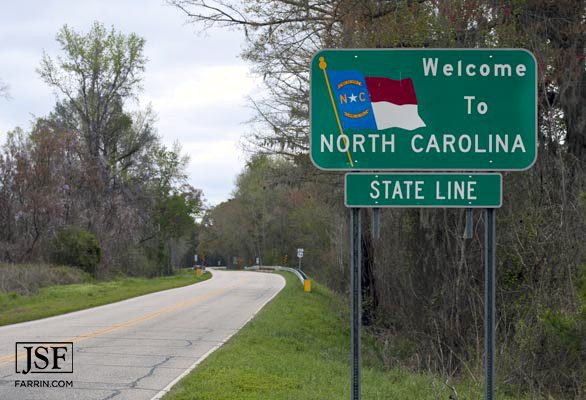Our Durham, NC accident attorneys encounter clients every day who have been victims of accidents, and we have seen first-hand the devastating consequences that an auto accident can bring to victims and to their families. Auto accidents can cause serious medical problems, ongoing pain and suffering, property damage and huge medical bills and other expenses.
With the consequences of auto accidents being so serious, we believe that North Carolina should do everything possible to make the roads safer for drivers. This means having adequate safety laws and regulations in place to prevent drivers from engaging in dangerous and destructive behavior. Recently, the Advocates for Highway and Auto Safety launched its 10th annual summary of safety laws across the United States. Take a look at how North Carolina measures up.
North Carolina Driving Safety Laws and Regulations

-
- North Carolina got credit for having a primary enforcement seat belt law in place. This just means law enforcement can ticket/cite you for not wearing a belt without needing some other reason to pull you over.
-
- North Carolina got full credit both for requiring all motorcycle riders to wear helmets and for having a booster seat law in place.
-
- North Carolina does not have a minimum age of 16 for a permit nor a minimum age of 18 for an unrestricted license so didn’t get credit in either of these two categories.
-
- North Carolina does require new teen drivers to have between 30-50 hours of supervised driving. We also impose restrictions on driving at night or with too many passengers, both laws were full credit when it comes to teen safe driving.
-
- North Carolina has a statewide ban on texting for all drivers and has cell phone restrictions for teen drivers, so received full credit on these safety issues.
-
- North Carolina doesn’t require ignition interlock devices for all DUI offenders and didn’t get any points here.
-
- North Carolina does have some tough DUI laws, despite its ignition interlock policy. We got credit for requiring a mandatory BAC test; and for our child-endangerment law and open container laws.
As this summary shows, North Carolina has passed many laws intended to make sure that drivers are safe on the roads. Drivers should obey these legal requirements in order to minimize the risk of auto accidents and to avoid putting themselves or other drivers in danger.
Further, while North Carolina allows teens to drive at younger ages than recommended, parents should carefully monitor their teens driving activities to make sure that these young drivers are making smart and careful choices behind the wheel in order to ensure their safety.
If you’ve been injured, call the Law Offices of James Scott Farrin at 1-866-900-7078 or contact us online for a free and confidential consultation.
You May Also Be Interested In
Answers to the Most Frequent and Urgent Car Accident Injury Questions
House Bill 158: Untested Teen Drivers Hit the Roads, and Parents May Be Liable for Their Accidents
What Impact Does Alcohol and Drug Use Have on NC Road Safety?

